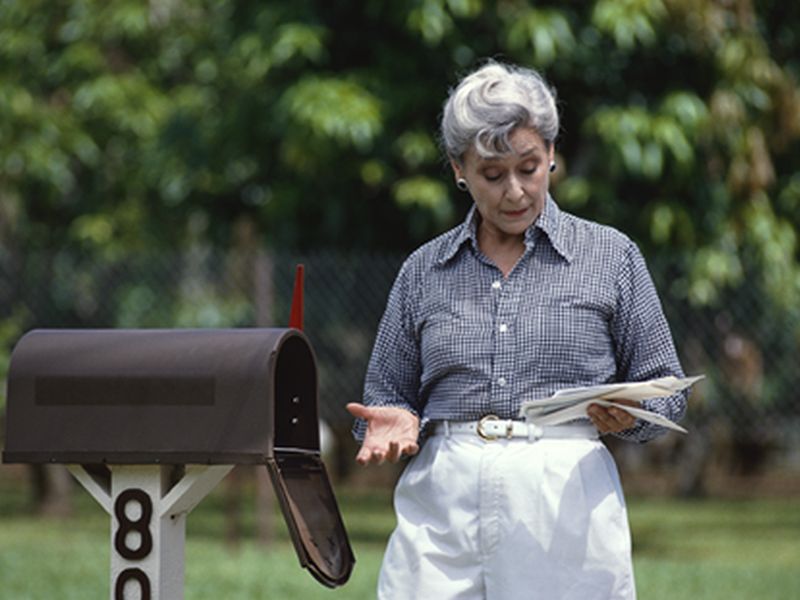
The healthiest community in the United States is Douglas County in Colorado, according to the 2019 rankings just released by U.S. News & World Report. The others in the top five healthiest communities are Los Alamos County in New Mexico; the city of Falls Church and Loudoun County, both in Virginia; and Broomfield County in… read on >






























